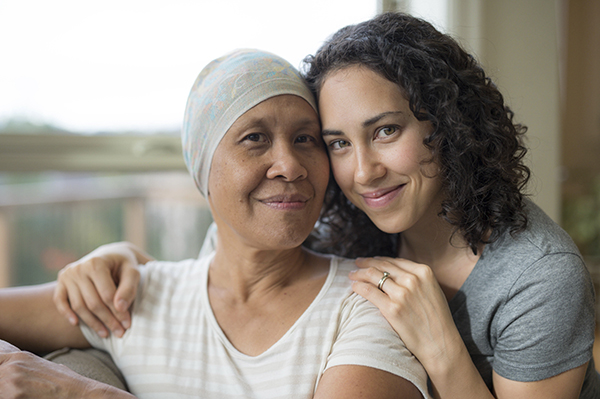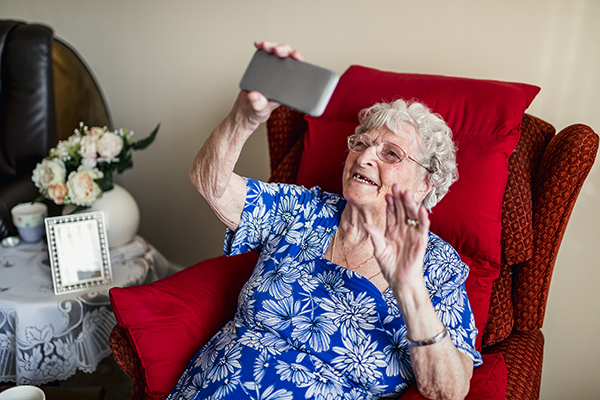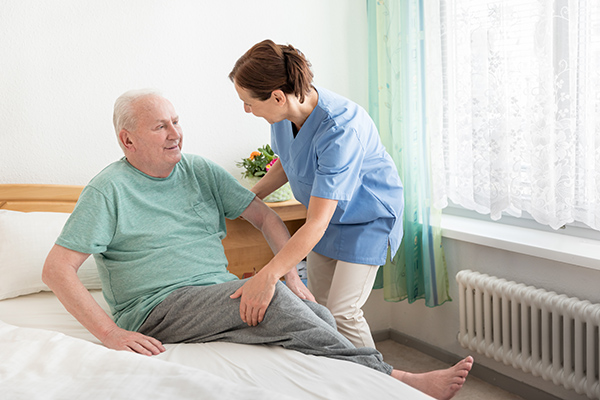Cancer Research: What We Now Know
Each year since 1999, we have attained an ever-increasing decrease in cancer-related deaths, a reassuring trend that’s poised to carry on as scientists discover more and more about the sources of cancer and are in a position to identify new and better treatment methods. But, cancer continues to be among the leading causes of death in […]
Cancer Research: What We Now Know Read More »










